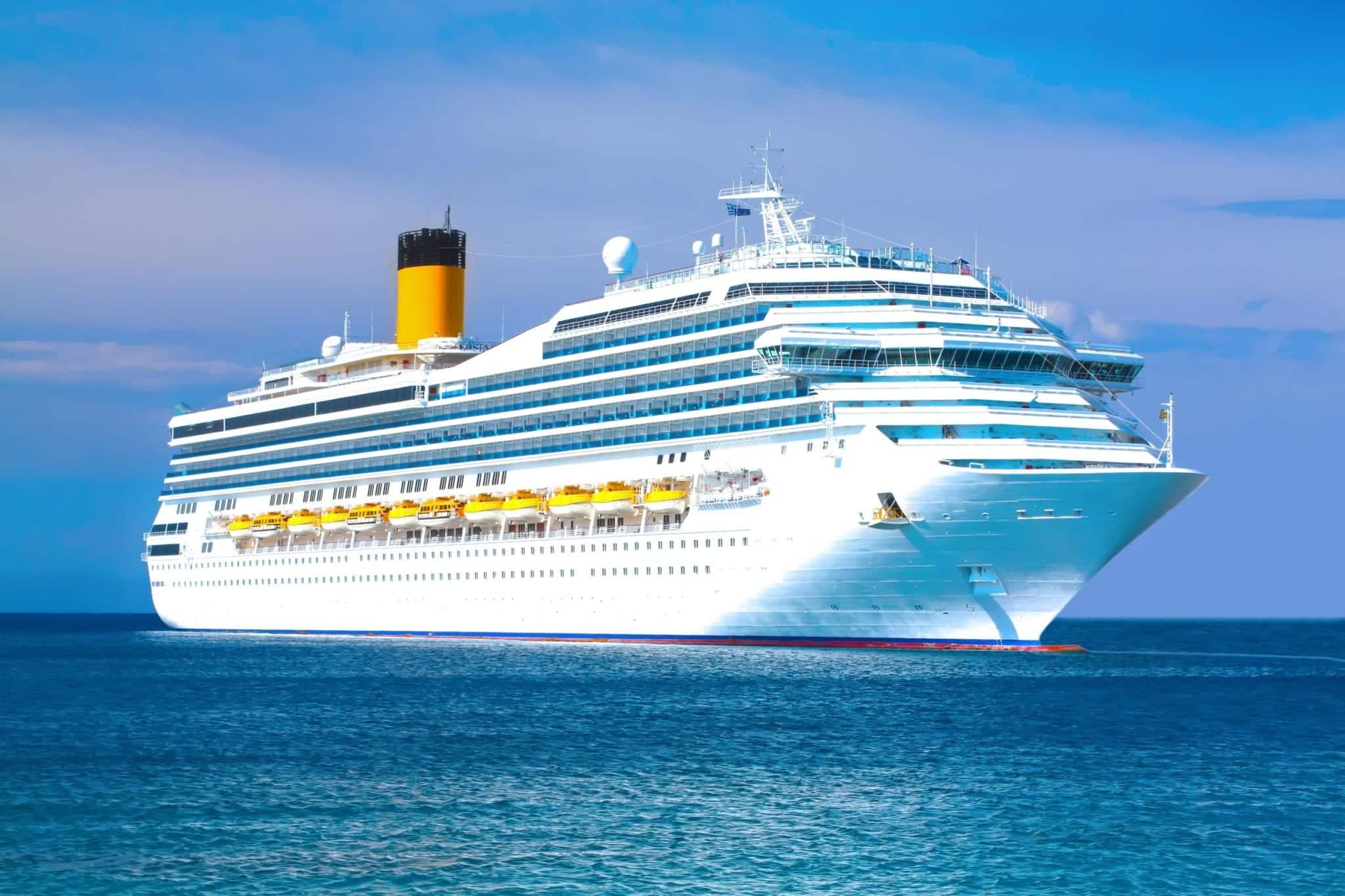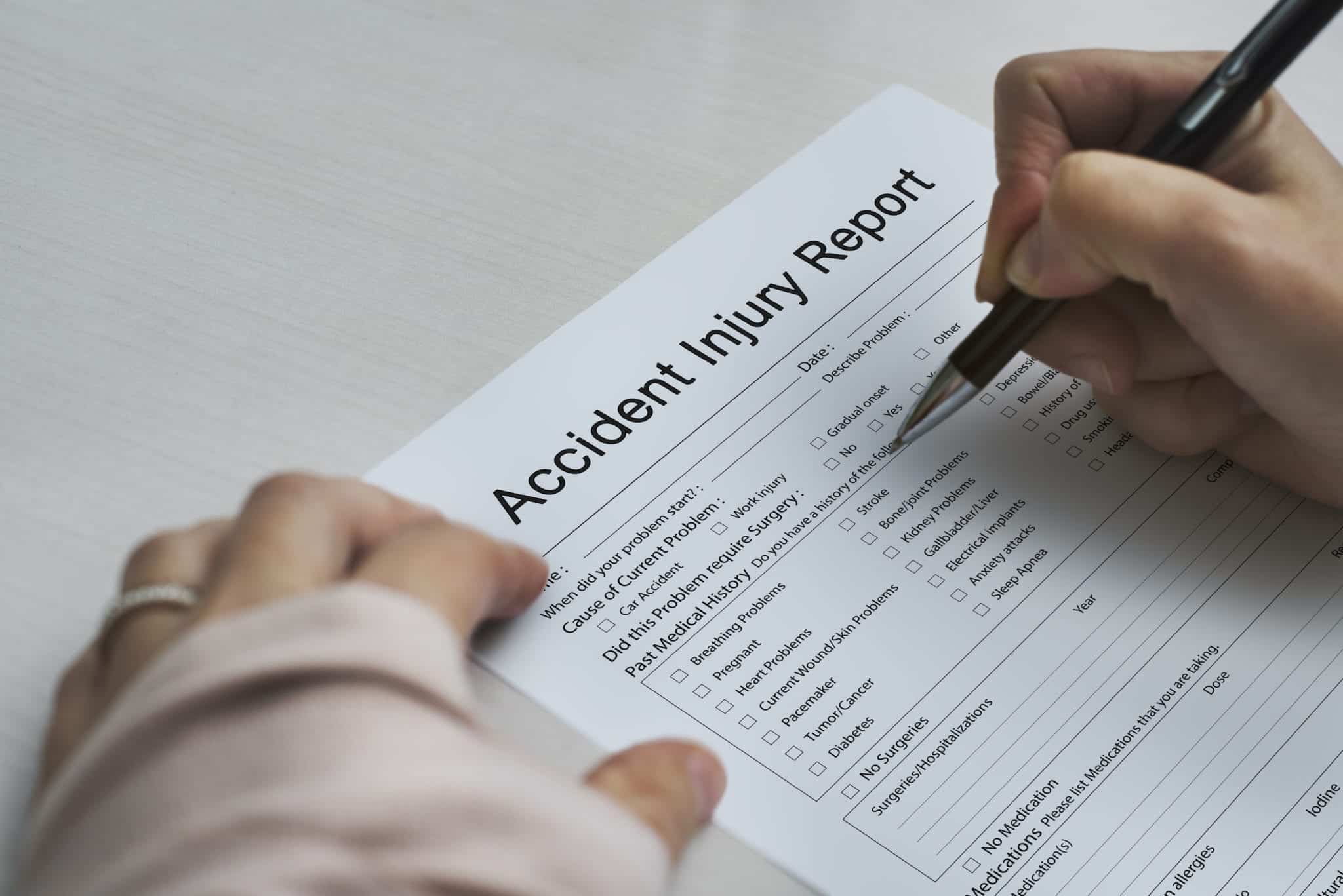Depending on how long you’ve worked in the cruise industry, you probably well know that working on the high seas can be just as dangerous as it is thrilling.
Unfortunately, it’s not always easy to bounce back after an injury. If you are hurt while working on a cruise ship or other maritime vessel, it won’t be long until bills start piling up. What you may not be aware of is that you may be entitled to benefits and compensation.
Multiple laws, including the Jones Act and Longshore Harbor Workers’ Compensation Act (LHWCA), were passed to protect you and your family in the case of a work injury (or even death) on the high seas.
If you were recently injured while working on a vessel, reach out to a Florida personal injury attorney who specializes in maritime law. In the meantime, learn more here about compensation for work-related injuries for cruise line employees.
What Are Maintenance and Cure Benefits?
If you are injured on the job, you are probably entitled to maintenance and cure benefits. It doesn’t matter who was at fault – if anyone at all. As long as you were on the clock at the time of your injury, you are able to collect these benefits.
What Maintenance and Cure Benefits Cover
From the time you are injured to the time you are able to get back to work, maintenance and cure benefits will cover your daily living expenses.
This includes medical expenses that arise from doctor’s appointments, hospital bills, etc. Rent, utilities, and food should also be covered.
Once medical treatment is no longer needed, or you can go back to work, your qualification for these benefits will end.
What Is NOT Covered by Maintenance and Cure Benefits
Maintenance and cure benefits are easy to qualify for if you were injured while working. Unfortunately, bills may still pile up while you are injured.
Maintenance and cure benefits do not cover expenses like monthly streaming and internet expenses. Transportation is also often excluded from coverage while you are recovering, even if you need your car to get around every day.
When you also need help covering those types of expenses, additional compensation may be sought through a claim under the Jones Act.
What Is the Jones Act?
If you spend at least 30 percent of your time working on a vessel, you are considered a seaman. Seamen qualify for a wider range of compensation under the Jones Act.
When a Cruise Employee Injury is Due to the Cruise Line’s Negligence

The law entitles seamen to compensation for claims like pain and suffering and future medical expenses. However, not all seamen qualify for these damages. In order to receive compensation under the Jones Act, a seaman must prove that their employer’s negligence played a part in their injuries.
The Burden of Proof Required is Much Lower Than Most Personal Injury Suits
What’s beneficial is that, while this is similar to a typical personal injury case, the burden of proof is much lower. Any connection at all between a cruise line’s negligence and its employee’s injury is usually enough to award plaintiff damages.
If an employer neglected to clean up a spill or didn’t provide the right safety gear to employees, for instance, if they were injured, they could easily win their case.
Other Nuances of Maritime Work Injury Suits
The statute of limitations for a Jones Act lawsuit is three years after the date of injury. If multiple parties played a part in your injuries, you may be able to file multiple lawsuits. Check with a maritime lawyer to see how “joint and several” liability plays out in your case.
What Is the Longshore Harbor Workers’ Compensation Act?
Those who are injured on the job while at sea or adjoining areas may be able to receive compensation under this law. Protections include anyone who builds or repairs vessels, or loads and unloads cargo from the vessel.
Like the Jones Act, plaintiffs cannot collect damages if their injuries were caused by intoxication or an intention to hurt themselves.
Damages may include a majority of their weekly wages as they recover or additional benefits if they are permanently disabled. The statute of limitations for the LHWCA is one year after the date of injury.
Note, however, that seamen and government employees are specifically excluded from the protections provided by the Longshore Harbor Workers’ Compensation Act (or LHWCA).
Injured at Work on a Cruise Ship? Don’t Wait to File a Report

In order to get proper compensation for your injuries, a judge will need a clear record of when the accident occurred and what injuries it caused.
The sooner you file a report and seek medical help, the more information you can provide in court. Keep these records, even if your injuries don’t appear to be serious at first. Remember, you may file a lawsuit within 1-3 years of your injury or accident.
About the Author:
Andrew Winston is a partner at the personal injury law firm of Winston Law. For over 20 years, he has successfully represented countless people in all kinds of personal injury cases, with a particular focus on child injury, legal malpractice, and premises liability. He has been recognized for excellence in the representation of injured clients by admission to the Million Dollar Advocates Forum, is AV Preeminent Rated by the Martindale-Hubbell Law Directory, enjoys a 10.0 rating by AVVO as a Top Personal Injury Attorney, has been selected as a Florida “SuperLawyer” from 2011-2017 – an honor reserved for the top 5% of lawyers in the state – and was voted to Florida Trend’s ”Legal Elite” and as one of the Top 100 Lawyers in Florida and one of the Top 100 Lawyers in the Miami area for 2015, 2016, and 2017.







